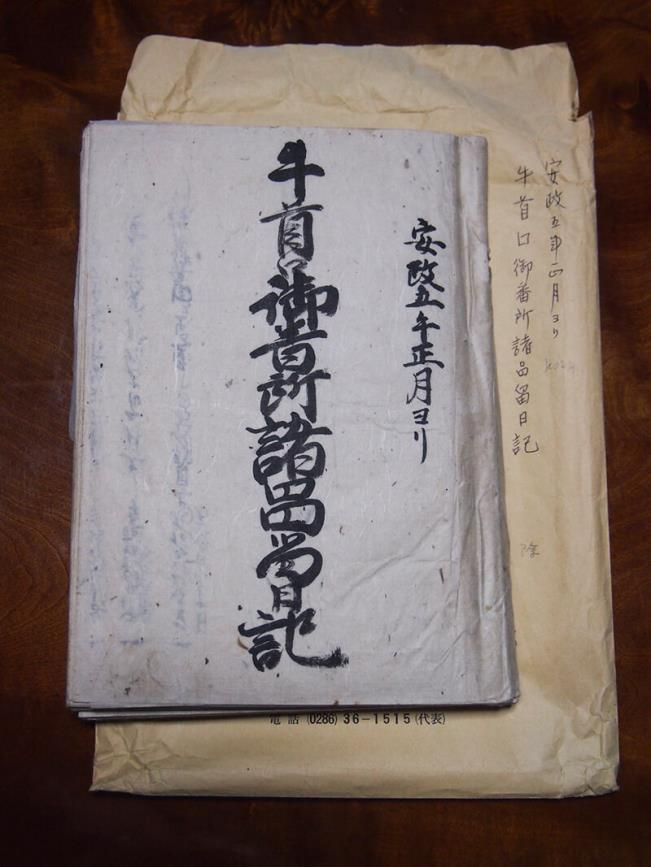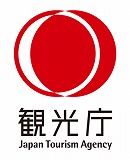最終更新日:2022年8月1日

This bundle of documents contains records kept by the Wada family—for centuries one of the most influential in the village of Ogimachi—in relation to its duties overseeing a government checkpoint that regulated the flow of people and goods into and out of Shirakawa-go. Such checkpoints were established on the borders with neighboring domains after 1692, when the Tokugawa shogunate, or central government, in Edo (now Tokyo) assumed direct control over the area around Shirakawa-go.
The guards at these checkpoints were tasked mainly with ensuring that taxes were paid on goods crossing the border. The government initially managed the checkpoints directly. However, reforms implemented in the late eighteenth century to restore the government’s authority and financial health led to officials sent from Edo being replaced with locally hired functionaries as a cost-saving measure.
The Wada family, whose members held the hereditary position of village headman (nanushi), was entrusted with managing the Ushikubi checkpoint in northeastern Shirakawa in the late eighteenth century. In order to serve as a government official, the head of the family was promoted to the samurai class, which entailed the right to bear arms and to use a surname. The Wada held this status until the Tokugawa shogunate was overthrown in 1867. Their records on checkpoint management offer valuable insight into the economic conditions in Ogimachi at the time.
この英文解説は、2021年観光庁「地域観光資源の多言語解説整備支援事業」により整備しています。
This English description is provided by the "Multilingual Commentary Project 2021" of Japan Tourism Agency.

Description
| Name |
Wada Family Documents on Ushikubi Checkpoint
|
| Type |
Shirakawa Village Designated Important Cultural Property
|
| Date |
Designated on April 1, 2015
|